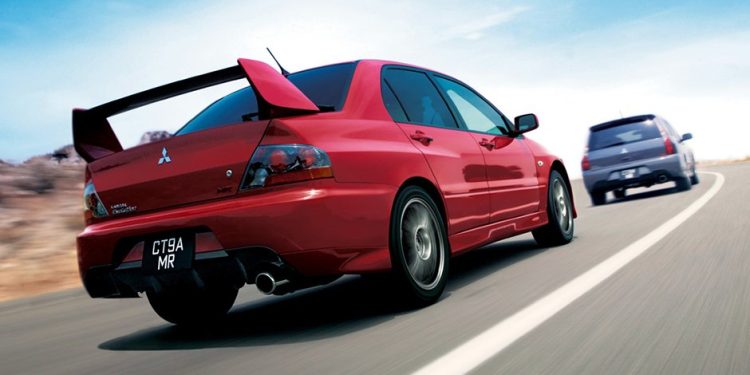Mitsubishi set to stop developing its own platforms, report claims
Mitsubishi has been through the ringer in recent times, battling steep declines in some markets on one hand, but solid results in markets like Australia and New Zealand on the other hand.
It’s no secret that the three diamonds have been trying to cut costs where it can. And now it’s been reported that the marque is preparing to take this to another level. Japanese outlet Nikkei Asia has claimed that Mitsubishi is set to stop developing its own passenger car platforms in order to reduce its costs even further.
The idea that Mitsubishi will instead rely on rebadged Nissan products going forward, featuring its own in-house designs, body panels, and interiors. Powertrains in these cars are likely to also be shared.
This has already begun somewhat with the forthcoming Mitsubishi Outlander replacement, which is based on the same underpinnings as the Nissan X-Trail. The next Mitsubishi Triton, meanwhile, will share its platform with the Nissan Navara for the first time. And the current Mitsubishi Express is a badge-engineered Renault Trafic.
The report claims that Mitsubishi will whittle down its current portfolio of platforms from eight to four by 2026. The marque recently phased out its full-size Pajero model, with the Lancer already long gone. One wonders whether the Mirage, its lone passenger car offering in most markets, could be next.
The report adds that Mitsubishi’s cost-cutting motivations are spurred on in part by a push to develop more plug-in technologies as it tries to stem losses simultaneously.
The decision remains unconfirmed by Mitsubishi themselves. Should it come to fruition, it would be a bit of a dampener on the news in May that the brand would bring back its Ralliart performance division (a rugged off-road Ralliart Triton likely to be the first port of call).
The call to relaunch Ralliart was said to be to increase the focus on giving customers “more Mitsubishi-ness”. Not sure how this will be achieved when a core percentage of the product will be based on Nissan bones.
Mitsubishi has already announced plans to back out most of Europe (a decision underlined by the firm’s UK arm selling off its long list of historic models) in the hopes of cutting its losses by 20 per cent.





